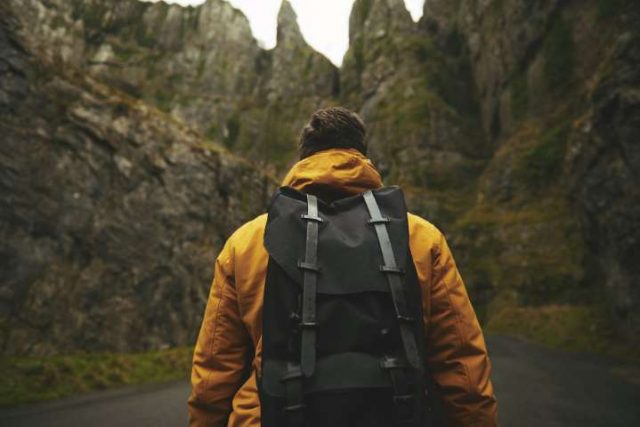
One of the most approachable physical activities that anyone can do is hiking. Whether you’re a senior or if you want to bond with your kids, you can always hike as an activity.
Of course, hiking has its own set of dangers as well. Even if it’s an activity that anyone can do, it doesn’t mean that you should be careless when you do it.
As with any physical activity, it’s best to err on the side of caution and apply safety practices when you do it. There are a lot of hiking trails that work well for each individual need. It’s all a matter of doing your research beforehand and finding the ones that fit well with you. After all, you want to enjoy hiking for a long time.
With that said, you should make sure that you apply these six crucial safety tips before and during every hike that you do.
1. Bring at least one companion
Although a lot of hikers can hike by themselves, it’s still better to have a company with you.
A companion during your hike isn’t only to ease the feeling of loneliness, it would also be helpful when you need someone who can assist you set up camp for example. Plus, in case you get injured, you know you have someone who can give you the first aid.
Having a companion is also advisable if you’re new to hiking. Moreso if that someone is a pro. He or she can guide you, and you can learn things from them that will help develop your hiking skills.
Of course, having someone to bond with during your journey is also a considerable advantage to having a companion on your hike.
2. Make a gear list
It’s not the best feeling to be in the middle of a hike, and then you end up needing a specific gear only to find out that you forgot to pack it with you. Even if you remember where you left it, it’s not going to change the fact that you didn’t bring it with you.
Therefore when you are preparing for your hike, you should make a list of gear to bring with you.
Aside from the obvious essentials like food, water, and camping gear, there is also a piece of equipment that will make the hike a lot easier on you.
If you do plan on hiking, often investing in proper hiking gear is crucial. This includes a pair of sturdy hiking boots and the appropriate trekking poles.
3. Bring a map
Even if you think you know a hiking trail like the back of your hand, it’s still better to be safe than sorry.
Wherever and whenever you go on a hike, make sure that you have some navigational tools with you, like a map and the compass. With the help of these tools, you can always orient yourself no matter where you are.
Even if you have a GPS or a navigational system on your phone, you should have a physical map as well. Sometimes, these gadgets might lose battery or not have a signal. In case these instances happen, it’s going to be very useful to have a map and a compass with you.
4. Hike during the day
If you are on a long hiking trip, then your hike is going to take days upon days before you get to your destination. With hikes like these, it’s best that you don’t try to push yourself too much, or else you might end up getting lost.
It’s advisable that you plan your hikes, especially if it’s something that will take you days to complete. That’s because this kind of long hikes will require you to move from one campsite to another.
Hiking between campsites during the evenings or even in the early morning is going to be difficult simply because of poor visibility. Aside from that, a lot of creatures in the wilderness are more active in the evenings.
Therefore, you want to make sure that you’ll be able to set up camp before sunset.
5. Check the forecast
When you’re planning your hiking trip, it would be a mistake not to check on the weather situation of your hiking trail.
What you pack for your hike will depend a lot on the climate and weather of your hiking trail. You wouldn’t want to be stuck in the middle of the wilderness soaking wet because you forgot to check the weather.
6. Tell someone before you go
Even if you do plan on hiking by yourself, it’s best that you at least notify one person about where you plan to go.
You shouldn’t only tell them where you’re hiking trail is. You should also tell them what the last destination is for your hike. It’s also advisable that you tell them the path that you plan on taking.
Should anything happen to you or should you not get back to them at a specific time, it would ease your mind knowing that someone is going to be looking for you.





